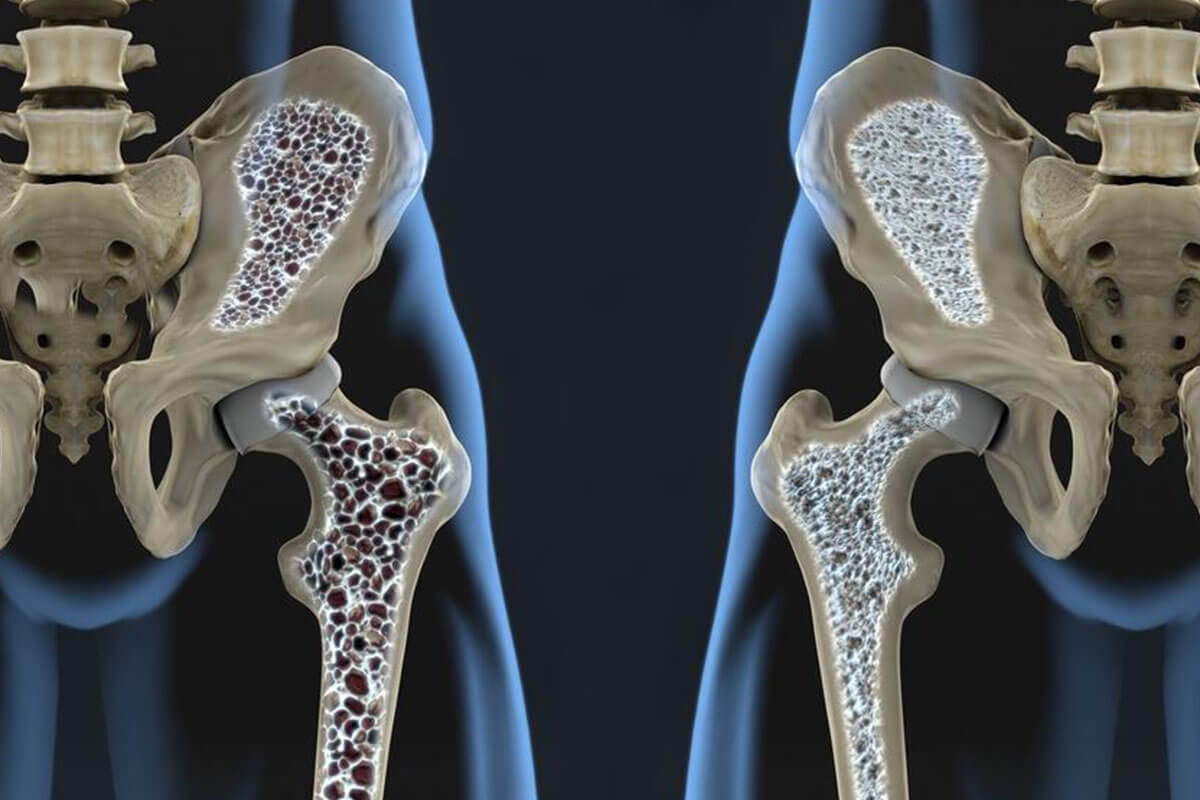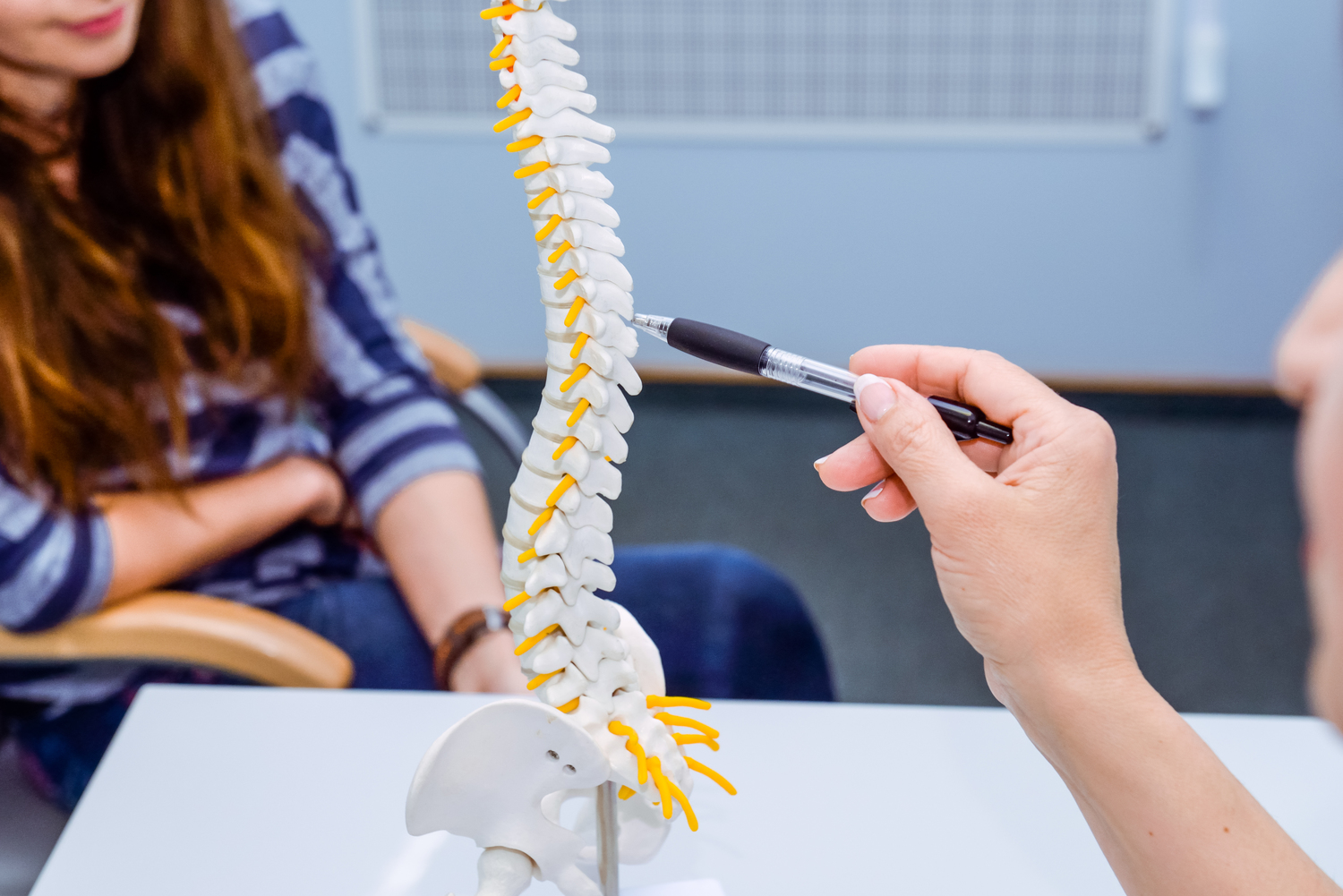Top 5 Medical Conditions Contributing to Osteoporosis Bone Loss
Explore five key health conditions linked to increased risk of osteoporosis, including autoimmune diseases, diabetes, asthma treatments, and thyroid issues. Learn how these conditions impact bone health and what preventive measures you can take to maintain strong bones throughout life.

Understanding Conditions That Accelerate Osteoporosis
Osteoporosis is a condition where bones become fragile due to an imbalance in bone turnover—more breakdown than rebuild. This disease affects over 200 million women worldwide, especially older white and Asian women. When osteoporosis advances, fractures in the spine, hips, and wrists become common, even from minor stresses like bending or stepping. Early on, it’s symptomless, but later signs include height loss, back or neck pain, fractures, and stooped posture. Diagnosis is typically through bone density scans.
Risk factors include age, gender, genetic history, race, inactivity, and nutritional issues. Treatment involves medications, lifestyle, and diet modifications tailored to individual risk levels.
Various medical conditions may worsen osteoporosis or contribute to bone loss, either through disease processes or lifelong medication use. Key conditions include autoimmune diseases like rheumatoid arthritis and lupus, which impair bone growth during critical years. Diabetes, especially type 1, can compromise bone development due to high blood sugar levels. Asthma treatments with corticosteroids can decrease bone density. Hyperthyroidism accelerates bone remodeling cycles, leading to net bone loss over time. Other related health issues include multiple sclerosis and celiac disease—awareness of these links is vital for prevention. Adequate vitamin D intake and lifestyle changes can support bone health.










